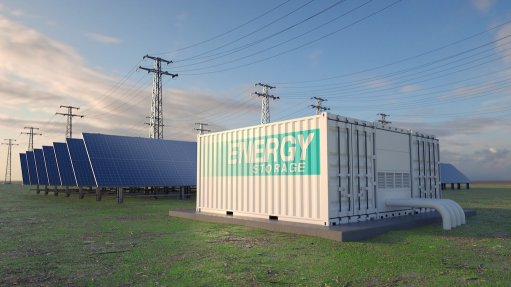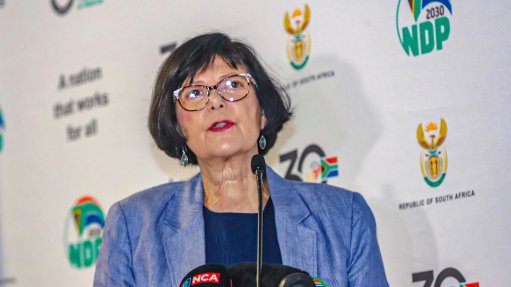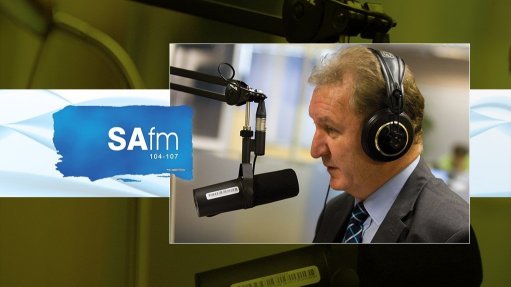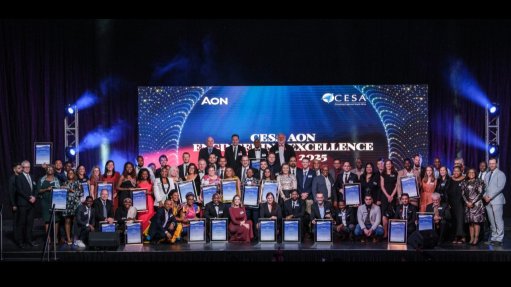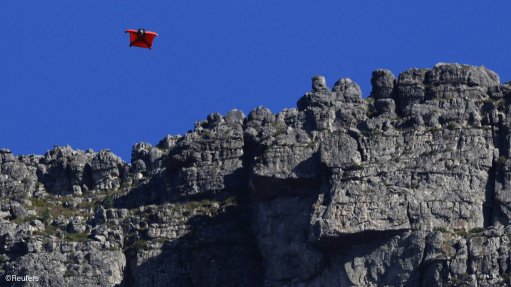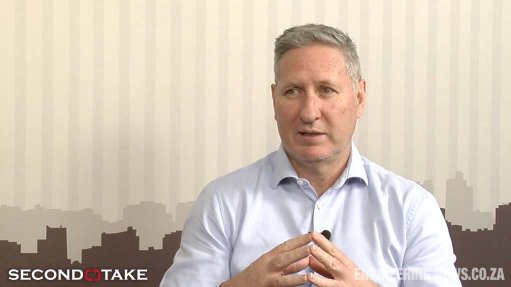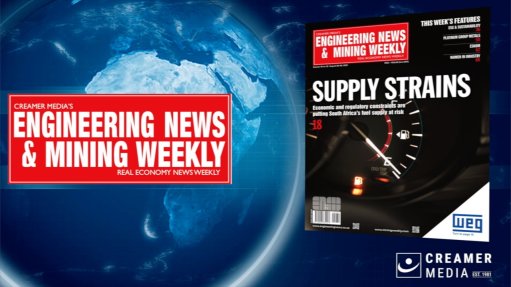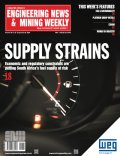Producing a carbon-neutral economy
Addressing the nation on the ongoing energy crisis on July 25, 2022, President Cyril Ramaphosa reinforced the direction in which the country’s energy-generation market is moving, which has created various opportunities to secure a reduction in South Africa’s carbon footprint, says mining industry employers’ organisation Minerals Council South Africa communications head Allan Seccombe.
These opportunities include South Africa’s mining industry not only reducing its reliance on State-owned power utility Eskom’s expensive and unreliable electricity supply but also rapidly advancing decarbonisation.
Mining companies are moving towards sustainable, renewable sources of energy to reduce their individual carbon footprint and, consequently, their being liable for carbon taxes, as well as ensuring that the minerals they produce are globally acceptable and not subjected to carbon tax import penalties.
The President’s address included the removal for the private sector of the 100 MW cap on licence-free embedded electricity generation with the broad suite of interventions he unveiled amounting to the “most significant reform to South Africa’s energy sector in decades”, Seccombe comments.
He adds that, with these “fundamental changes” in South Africa’s energy sector, the local mining industry’s objective of achieving carbon neutrality by 2050 is more attainable.
Exposure to Carbon-Intensive Energy
Amid the large increase in electricity tariffs since 2008, coupled with severe constraints on Eskom’s generating capacity, the mining industry is at the forefront among economic sectors in South Africa seizing the opportunity to generate its own electricity.
The Minerals Council, a mining industry partner for the 2022 Joburg Indaba, has a list of 89 energy projects totalling 6 106 MW that are being built by 29 mining companies. The value of these projects is more than R97-billion.
The sources of energy for these projects are 4 000 MW from solar, 2 000 MW from wind, with battery storage contributing 84 MW and biomass 8 MW. The timing of implementation depends on the registration of projects and their securing a range of government authorisations.
“South Africa’s least favourable potential solar project sites are better than many countries’ best sites, which means private companies can take advantage of the utility’s granting renewable-energy generation concessions on its land close to existing power plants, in Mpumalanga, to rapidly access the grid,” notes Seccombe.
He adds that, for mining companies, the focus is on generation capacity on their tenements or in prime spots which are eminently suitable for solar projects, such as the Northern Cape, or wind generation in windy parts of the country. The power generated will then be wheeled through the transmission grid to their mines.
The biggest constraint on these remote sites, particularly the Northern Cape, is that the grid has limited capacity and is nearly fully allocated.
Another concession to mitigate the energy crisis is allowing Eskom to buy surplus electricity from mining companies and others more easily by either allowing for faster approvals or waiving them entirely.
Included in energy constraint mitigation plans is expediting the embedded energy project registrations by shortening the time it takes to secure environmental authorisation, water-use licences and land-use reclassification, states Seccombe.
Wind and solar projects can provide only limited amounts of electricity, however.
The mining industry will remain baseload users of Eskom electricity, as battery technology is not yet developed to enable large energy users, such as mines, to store enough electricity to run their operations cost effectively 24/7.
“Mining used 26991 GWh of Eskom’s 191852 GWh of sales, according to Eskom’s 2021 annual report,” adds Seccombe.
Carbon Neutrality
Eskom plans to retire 10 000 MW of coal-fired electricity by 2035 as it is moving towards carbon neutrality by adopting alternative energy sources.
The mining industry is working closely with Eskom to ensure a Just Energy Transition, and Seccombe says it is critically important that this transition is properly managed to ensure that South Africa not only has energy security but also expands its capacity to underpin inclusive economic growth across the country and create jobs.
Among the mining industry’s initiatives to create jobs, beneficiate minerals and develop a new source of energy is supporting the green hydrogen economy.
“South Africa, with its renewable-energy potential, has a golden opportunity to be a green hydrogen economy,” adds Seccombe.
Consequently, the Minerals Council has launched its Hydrogen Leadership Forum for members to develop an industry approach to the green hydrogen economy and determine what role the mining industry can and should play in its development, he concludes.
Comments
Press Office
Announcements
What's On
Subscribe to improve your user experience...
Option 1 (equivalent of R125 a month):
Receive a weekly copy of Creamer Media's Engineering News & Mining Weekly magazine
(print copy for those in South Africa and e-magazine for those outside of South Africa)
Receive daily email newsletters
Access to full search results
Access archive of magazine back copies
Access to Projects in Progress
Access to ONE Research Report of your choice in PDF format
Option 2 (equivalent of R375 a month):
All benefits from Option 1
PLUS
Access to Creamer Media's Research Channel Africa for ALL Research Reports, in PDF format, on various industrial and mining sectors
including Electricity; Water; Energy Transition; Hydrogen; Roads, Rail and Ports; Coal; Gold; Platinum; Battery Metals; etc.
Already a subscriber?
Forgotten your password?
Receive weekly copy of Creamer Media's Engineering News & Mining Weekly magazine (print copy for those in South Africa and e-magazine for those outside of South Africa)
➕
Recieve daily email newsletters
➕
Access to full search results
➕
Access archive of magazine back copies
➕
Access to Projects in Progress
➕
Access to ONE Research Report of your choice in PDF format
RESEARCH CHANNEL AFRICA
R4500 (equivalent of R375 a month)
SUBSCRIBEAll benefits from Option 1
➕
Access to Creamer Media's Research Channel Africa for ALL Research Reports on various industrial and mining sectors, in PDF format, including on:
Electricity
➕
Water
➕
Energy Transition
➕
Hydrogen
➕
Roads, Rail and Ports
➕
Coal
➕
Gold
➕
Platinum
➕
Battery Metals
➕
etc.
Receive all benefits from Option 1 or Option 2 delivered to numerous people at your company
➕
Multiple User names and Passwords for simultaneous log-ins
➕
Intranet integration access to all in your organisation






